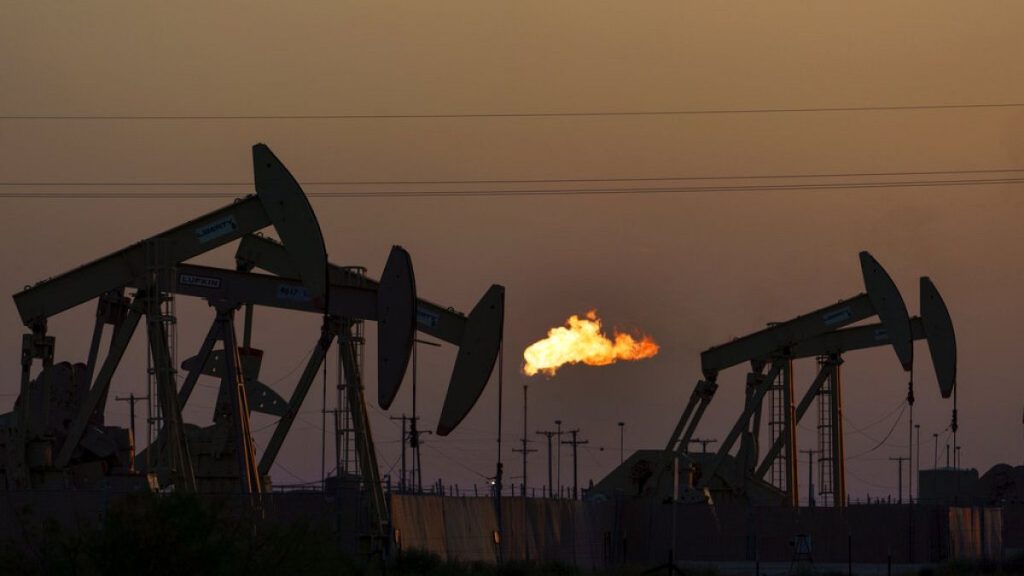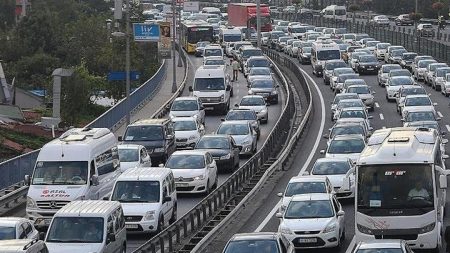The EU has established its negotiating stance in preparation for the upcoming UN climate talks in Baku, emphasizing the connection with efforts to combat ecosystem destruction and prevent areas of the planet, including parts of Europe, from becoming desert. The EU aims to maintain the goal of limiting global heating to 1.5°C above pre-industrial levels, a target enshrined in the Paris Agreement. Despite concerns from activists and NGOs about the lack of clear deadlines for phasing out fossil fuels and funding for alternative energy sources, EU ministers recognize climate change as an existential threat that requires urgent action.
European ministers are deeply concerned about the increasing frequency and intensity of extreme weather events, such as heat waves, wildfires, droughts, and floods, and stress the urgent need to strengthen the global response to the climate emergency in the next decade. They assert that climate action is compatible with economic growth, emphasizing the importance of investing in education, science, innovation, and green jobs. Finland’s environment minister calls for a clear signal that the EU is phasing out fossil fuels and aims for a 90% reduction in emissions by 2040, as well as broadening the base for climate financing.
While welcoming the UAE Consensus and the call for a rapid transition to climate-neutral economies, EU ministers do not set firm dates for the end of the fossil fuel era. The upcoming COP29 in Baku will provide an opportunity for countries to submit updated pledges for global climate action, with hopes that governments will unveil ambitious new commitments. Climate Action Network Europe urges the EU to include clear phase-out dates for coal, gas, and oil in its next Nationally Determined Contribution, emphasizing the need for financial support for developing countries to address climate change impacts.
In the run-up to COP29, concerns persist about scaling up financing for the energy transition and adapting to the effects of climate change. The EU plans to continue contributing to the annual $100 billion fund to assist developing countries in coping with climate change, while advocating for a broader base of contributors, including emerging economies like China. The willingness of countries to support climate action and address historical emissions will be a key test for EU negotiators at the upcoming talks. The uncertainty surrounding the outcome of the US presidential election and the potential re-election of a president who withdrew from the Paris Agreement adds to the challenges facing global climate action.
The COP29 in Baku coincides with parallel UN biodiversity talks in Colombia and a meeting of the parties to the UN Convention to Combat Desertification. The EU Council recognizes the interconnected nature of the triple planetary crisis of climate change, biodiversity loss, and pollution, as well as the threats posed by desertification, land degradation, and water scarcity on sustainable development. Addressing these challenges will require collective action and cooperation at a global level to ensure a sustainable future for all.















